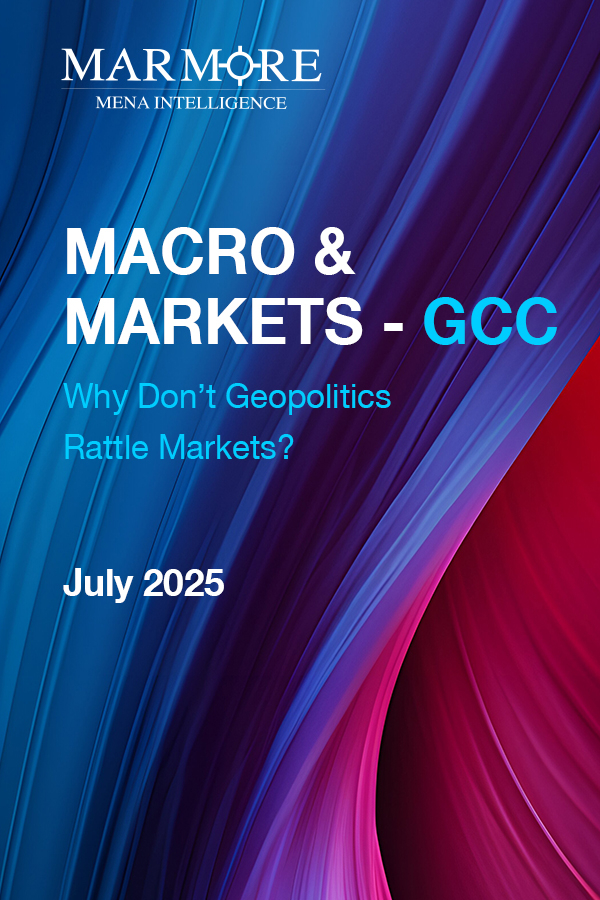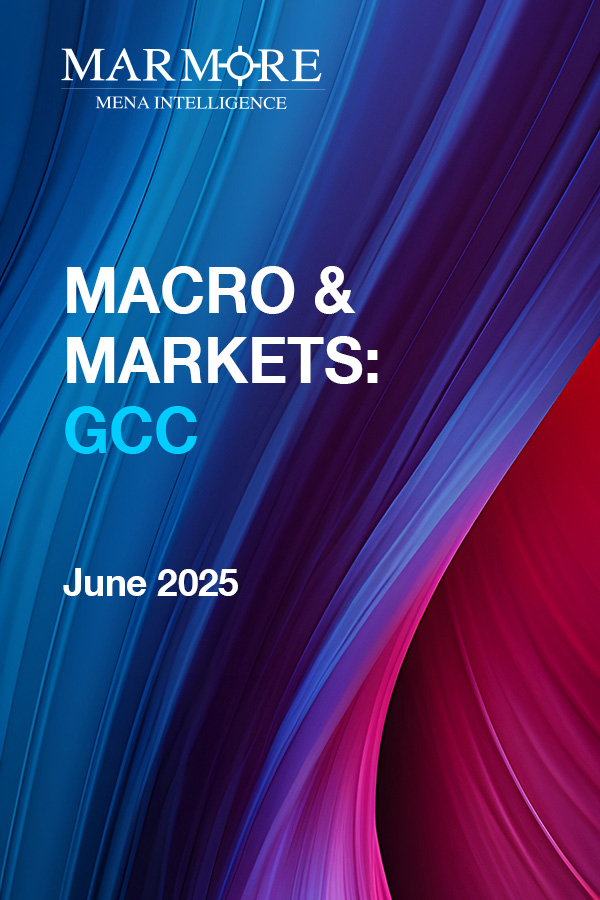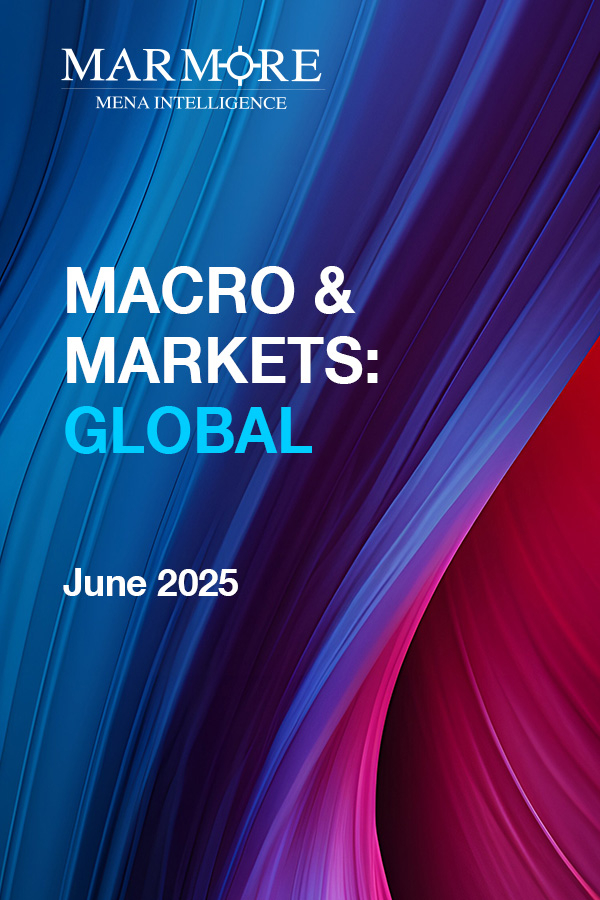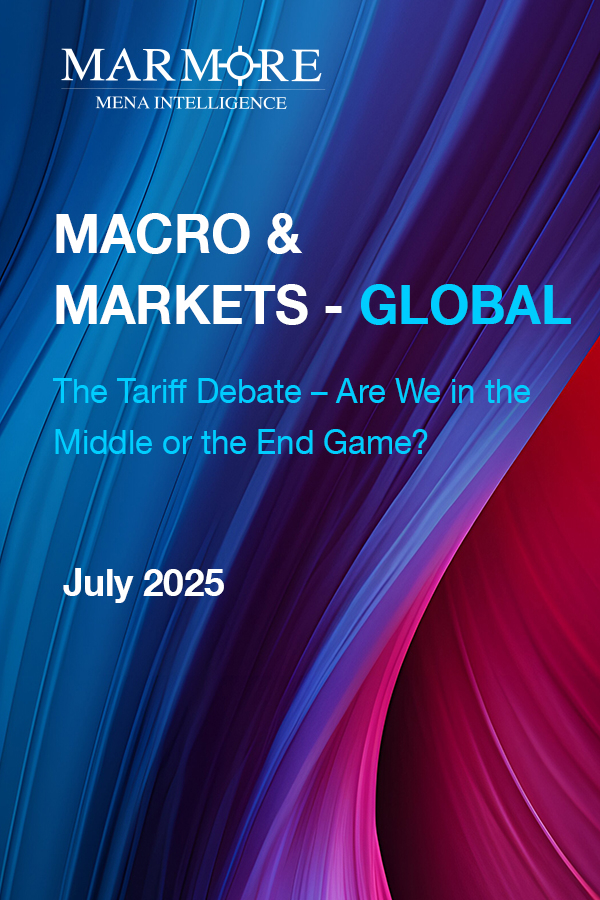Executive Summary
Kuwait led gains with a 4.2% rise, followed by Dubai at 4.1%, while Saudi Arabia recorded a modest 1.6% uptick, supporting a positive GCC stock market outlook for 2025. Over the past decade, the MSCI GCC index outperformed the MSCI EM index by 1.47% annually, rising to 5.22% in the last five years, reinforcing the performance of GCC equities vs global markets in July 2025 and the favorable landscape of valuation in the GCC. Market impact of these events is often short-lived, as investors focus on the region’s resilience and institutional strength, key macroeconomic drivers in GCC countries 2025 shaping investor confidence.




